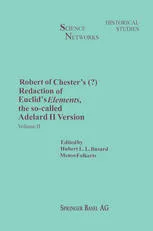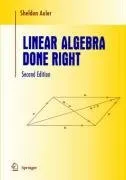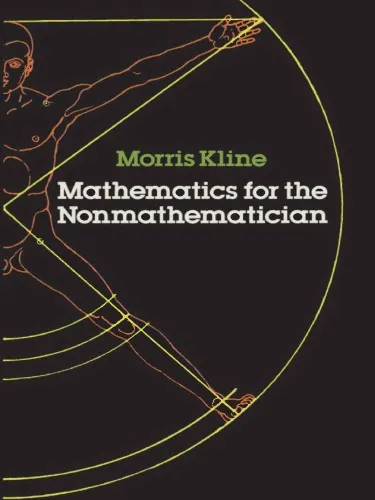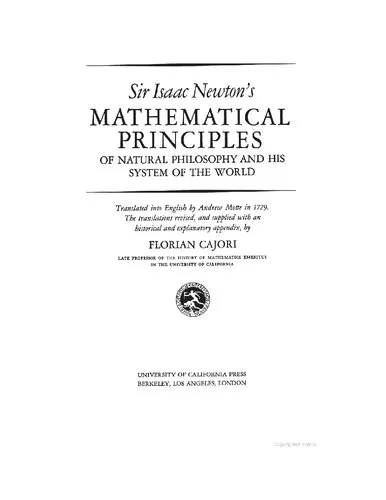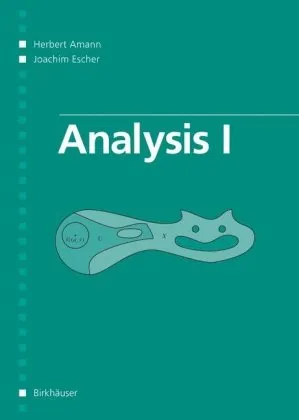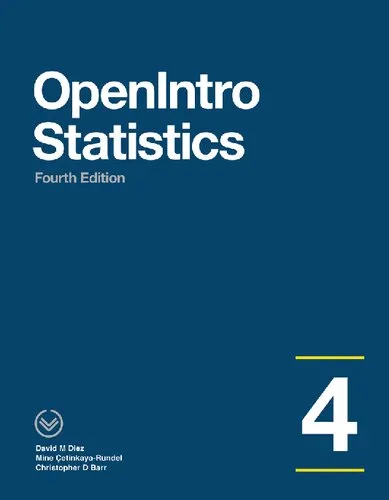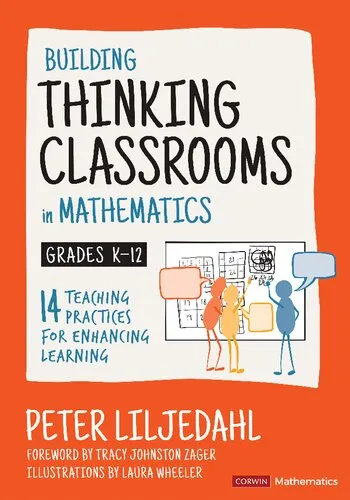Hybrid Systems: Computation and Control: Second International Workshop, HSCC’99 Berg en Dal, The Netherlands, March 29–31, 1999 Proceedings
4.0
Reviews from our users

You Can Ask your questions from this book's AI after Login
Each download or ask from book AI costs 2 points. To earn more free points, please visit the Points Guide Page and complete some valuable actions.Related Refrences:
Introduction to Hybrid Systems: Computation and Control
"Hybrid Systems: Computation and Control: Second International Workshop, HSCC’99 Berg en Dal, The Netherlands, March 29–31, 1999 Proceedings" stands as a seminal contribution to the field of hybrid systems. This book compiles cutting-edge research, expert discussions, and practical applications from the HSCC’99 workshop, bringing together prominent researchers, practitioners, and academics to explore the intersection of computation and control in hybrid dynamic systems.
The core of this book lies in its multidisciplinary approach, melding concepts from computer science, control engineering, and applied mathematics to tackle some of the most complex challenges in modern systems theory. Hybrid systems, as the name suggests, are systems that combine both discrete and continuous dynamics. Practical applications of such systems span numerous fields, including robotics, automotive systems, aeronautics, biological systems modeling, and even economics. Understanding and controlling hybrid systems are crucial for developing reliable, efficient, and scalable systems in these areas.
This comprehensive proceedings volume provides an invaluable resource for professionals seeking to stay ahead in this dynamic and rapidly evolving domain. Through a balance of theoretical explorations, practical considerations, and experimental case studies, the book establishes itself as a cornerstone text for anyone working in hybrid systems computation and control.
Detailed Summary of the Book
The book is structured around the proceedings of the HSCC’99 workshop and begins by exploring the foundational principles of hybrid systems. It covers topics such as modeling, analysis, and verification of hybrid systems, emphasizing their dual nature of discrete and continuous behaviors. Theoretical advancements discussed in the book include methods for stability analysis, reachability, and optimization.
Key contributions from the workshop include insights into algorithms for hybrid system verification and synthesis, as well as techniques for their numerical analysis. The proceedings also delve into real-world applications of hybrid systems, showcasing how theoretical developments are used to model and control systems with physical and computational components.
Additionally, the discussion extends to toolsets and frameworks specifically designed for hybrid system analysis, enabling researchers and engineers to simulate and test their designs before real-world deployment. These chapters provide a good mix of theory and practical know-how, ensuring the book is relevant for both academics and practitioners.
Key Takeaways
- A deep understanding of hybrid dynamical systems and their unique characteristics.
- State-of-the-art methodologies for modeling, analyzing, and verifying hybrid systems.
- Insights into practical applications of hybrid systems in diverse fields such as robotics, control systems, and biological modeling.
- New computational tools and techniques for simulating hybrid systems and ensuring their reliability and scalability.
- A foundation for further research into the theory and applications of hybrid systems.
Famous Quotes from the Book
"Hybrid dynamical systems represent a remarkable confluence of computation and control. It is in their study that we begin to unravel the complexities underlying modern machines and biological processes alike."
"The fundamental challenge of hybrid systems lies in merging two seemingly disparate paradigms—continuous-time dynamics and discrete-event systems—into a seamless whole."
Why This Book Matters
The interdisciplinary nature of hybrid systems makes this book particularly significant in today's technological landscape. As industries increasingly depend on systems that integrate both digital and physical components, understanding hybrid systems has become a critical skill for engineers, researchers, and policymakers.
This proceedings volume captures the richness and diversity of discussions from the HSCC’99 workshop, making it a timeless resource. The theoretical results not only push the boundaries of what hybrid systems can achieve but also provide practical frameworks for real-world implementation. With contributions from leading researchers and a focus on practical applications, this book continues to inspire innovation and research in hybrid systems long after its initial publication.
Whether you are a seasoned researcher in the field or a newcomer looking to understand hybrid systems, this book offers insights that are as profound as they are practical, cementing its value as a keystone reference in hybrid system computation and control.
Free Direct Download
You Can Download this book after Login
Accessing books through legal platforms and public libraries not only supports the rights of authors and publishers but also contributes to the sustainability of reading culture. Before downloading, please take a moment to consider these options.
Find this book on other platforms:
WorldCat helps you find books in libraries worldwide.
See ratings, reviews, and discussions on Goodreads.
Find and buy rare or used books on AbeBooks.
1305
بازدید4.0
امتیاز0
نظر98%
رضایتReviews:
4.0
Based on 0 users review
Questions & Answers
Ask questions about this book or help others by answering
No questions yet. Be the first to ask!


